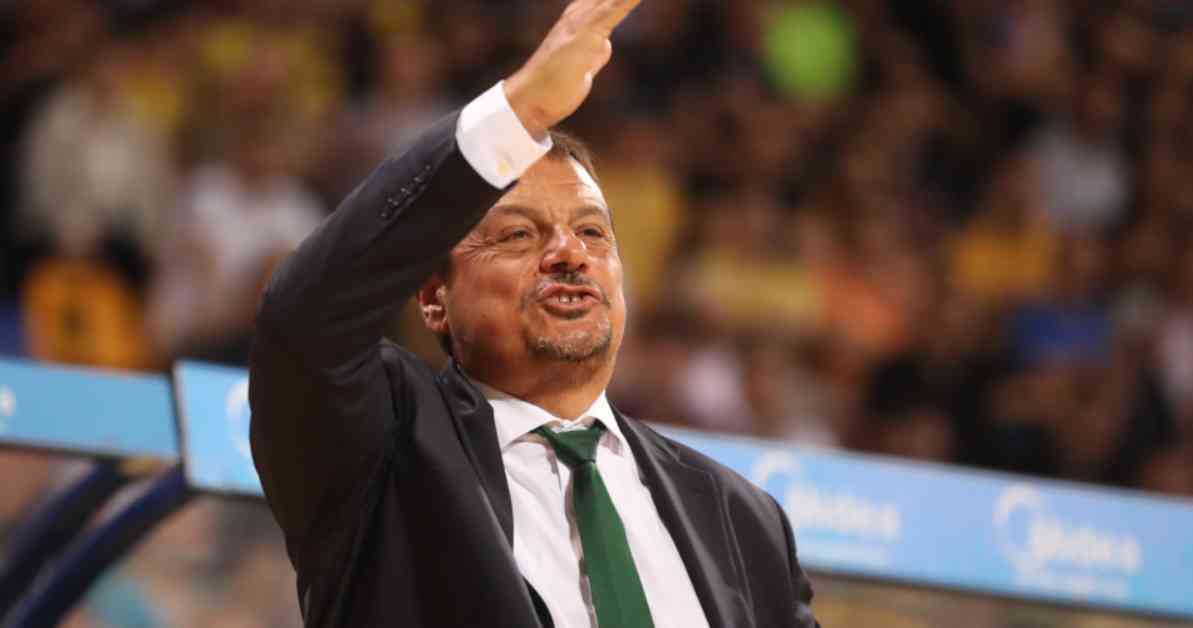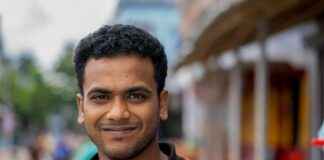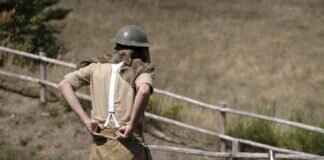Ergin Ataman, the successful head coach of Panathinaikos, recently expressed his interest in the NBA and his readiness to take on coaching opportunities in the United States. Despite winning three out of the last four EuroLeague championships and achieving significant success with Panathinaikos, Ataman revealed that he had discussions about potentially moving overseas to the NBA.
During an interview with Spanish outlet AS, Ataman shared his openness to coaching NBA stars and being the first European coach to make the leap from Europe to the United States. While he acknowledged that he had conversations with a general manager of a prominent NBA team two years ago, Ataman emphasized that he was not interested in being an assistant coach due to his age and impressive track record in European basketball.
Ataman highlighted his coaching style, emphasizing that he has experience working with top NBA players such as Deron Williams, Allen Iverson, and Kendrick Nunn. He believes that his coaching philosophy, which focuses on giving players freedom, strong defense, and effective organization, would align well with the NBA environment. Ataman’s confidence in handling players, identifying their strengths and weaknesses, and maximizing their potential reflects his readiness to take on the challenge of coaching NBA stars.
Despite his contentment with his current position at Panathinaikos and his past dream of coaching in the NBA, Ataman remains open to new opportunities that may arise. He expressed a willingness to consider a head coaching position in the NBA if the right offer comes along, emphasizing his track record of success and his ability to adapt to different basketball settings.
As the NBA continues to attract European talent like Giannis Antetokounmpo, Luka Doncic, Nikola Jokic, and Alperen Sengun, Ataman’s interest in exploring coaching opportunities in the United States reflects the growing global influence of basketball. With his impressive coaching resume and track record of success in European basketball, Ataman’s potential transition to the NBA could bring a fresh perspective and new insights to the league.
In conclusion, Ergin Ataman’s openness to NBA opportunities showcases his ambition, confidence, and adaptability as a coach. His willingness to consider a move to the United States and his belief in his coaching abilities demonstrate his readiness to take on new challenges and make a mark on the international basketball stage. Whether or not Ataman’s NBA aspirations come to fruition, his passion for coaching and dedication to his craft are evident in his desire to continue growing and evolving as a coach.














